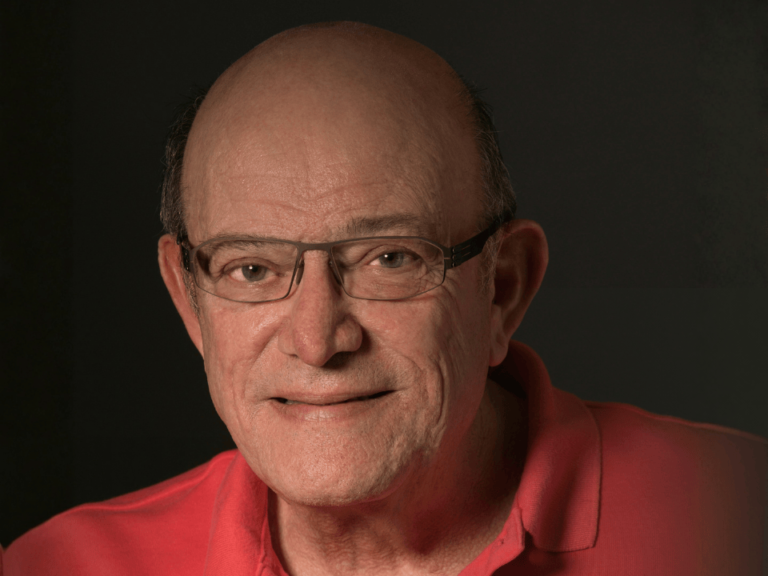When the Lung Master Protocol clinical trial (Lung-MAP or S1400) (1) was launched in June 2014, the goal of this first-of-its kind trial was simple: find effective treatments for seriously ill patients suffering from a specific type of lung cancer.
To access this subscriber-only content please log in or subscribe.
If your institution has a site license, log in with IP-login or register for a sponsored account.*
*Not all site licenses are enrolled in sponsored accounts.
Login Subscribe
If your institution has a site license, log in with IP-login or register for a sponsored account.*
*Not all site licenses are enrolled in sponsored accounts.
Login Subscribe














